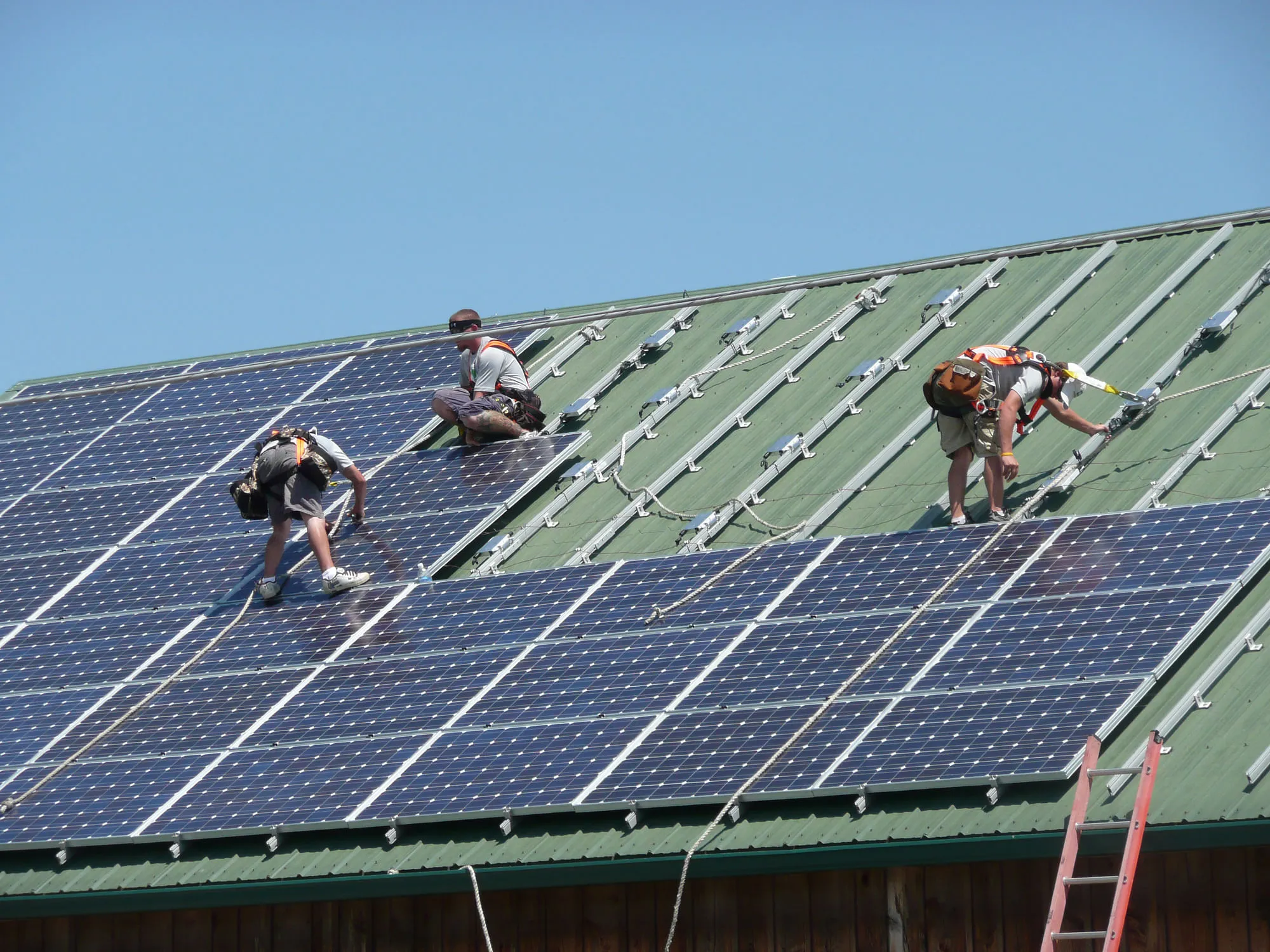Srinagar, May 8: The Federation of Chambers of Industries Kashmir (FCIK), the apex industry association, has urged the Jammu and Kashmir government to provide higher subsidies and implement policy measures to make the PM Surya Ghar rooftop solar scheme more viable and attractive for the local population.
In a letter addressed to the Chief Secretary, FCIK President Shahid Kamili highlighted several issues hampering the widespread adoption of the scheme, which aims to promote the installation of rooftop solar systems across the country.
A major concern raised by the industry body is the lower subsidy offered under the scheme, coupled with the complete removal of subsidies for systems above 3kW capacity.
This is a significant deterrent, as the FCIK points out that Kashmiri households primarily prefer larger systems of 3kW to 5kW due to the Valley’s high domestic electricity usage.
“While some consumers have registered on the portal, many in Kashmir may not opt for rooftop solar installations due to these factors,” Kamili said in the letter. “The scheme becomes less appealing for middle and higher-income groups who typically opt for larger systems above 3kW.”
Additionally, the FCIK cited the drastic reduction in solar generation during Kashmir’s cloudy winter days and the lack of metering in rural areas as significant barriers to the scheme’s success.
To address these challenges, the industry body has proposed preparing a subsidy proposal extending the coverage up to 5kW capacity systems.
This move aims to make the scheme more accessible and attractive to the intended beneficiaries in Kashmir.
The FCIK emphasised that for poor and lower-middle-class families, the upfront cost equal to the total project cost under the PM Surya Garh scheme is a significant financial burden.
For instance, a consumer has to pay the full scheme cost of Rs 1,59,500 upfront for a 3kW system, with only Rs. 85,800 provided as a subsidy.
The remaining amount of Rs 73,700 has to be borne by the consumer, typically through a loan from designated banks.
The situation is even more challenging for larger systems preferred in Kashmir.
For a 5kW system, the upfront cost is Rs 2,58,500, but the subsidy remains limited to Rs 85,800 (for 3kW), leaving a staggering Rs 1,72,000 for the consumer to pay.
The FCIK pointed out that many states have provided additional subsidies over and above the MNRE subsidy to ensure the successful implementation of rooftop solar schemes.
For instance, Assam has granted state subsidies of Rs 15,000 for up to 1kW, Rs 30,000 for up to 2kW, and Rs 45,000 for up to 3kW, in addition to the MNRE subsidy.
Highlighting the vast potential for solar energy in J&K, the industry body argued that the region’s cold climatic conditions and slanted roofs in snow-bound areas are ideal for rooftop solar installations.
However, J&K’s installed solar capacity remains a meagre 55 MW, lagging behind several other states that have achieved remarkable success in harnessing solar power.
“The J&K government must take corrective measures and provide higher subsidies to make the solar rooftop scheme more attractive and boost the J&K’s participation in the national rooftop solar mission,” Kamili said.
The FCIK, as a credible civil society forum, emphasised its responsibility towards the overall socio-economic development of J&K.
In this regard, the body has urged the government to intervene and address the deficiencies in implementing the PM Surya Ghar scheme, which falls under the Prime Minister’s ambitious plan for rooftop solar energy generation.







